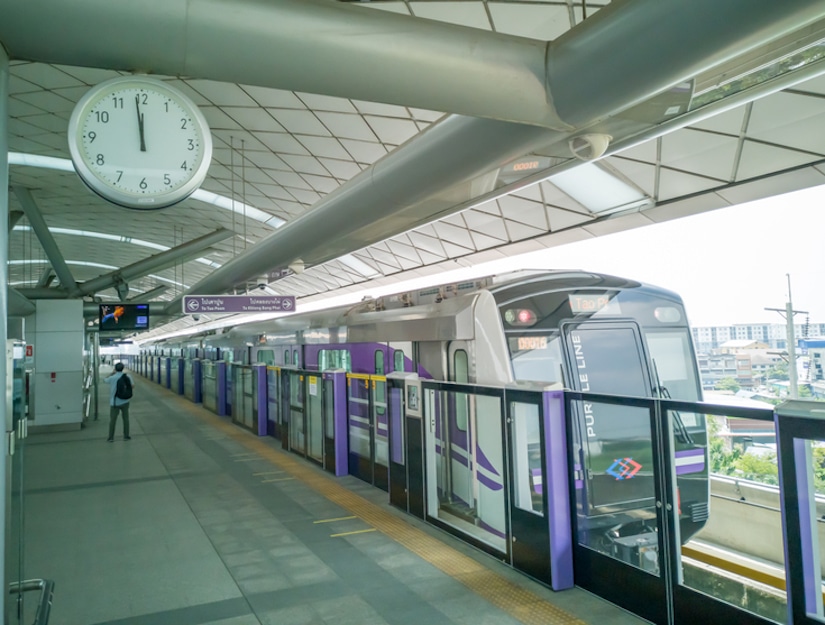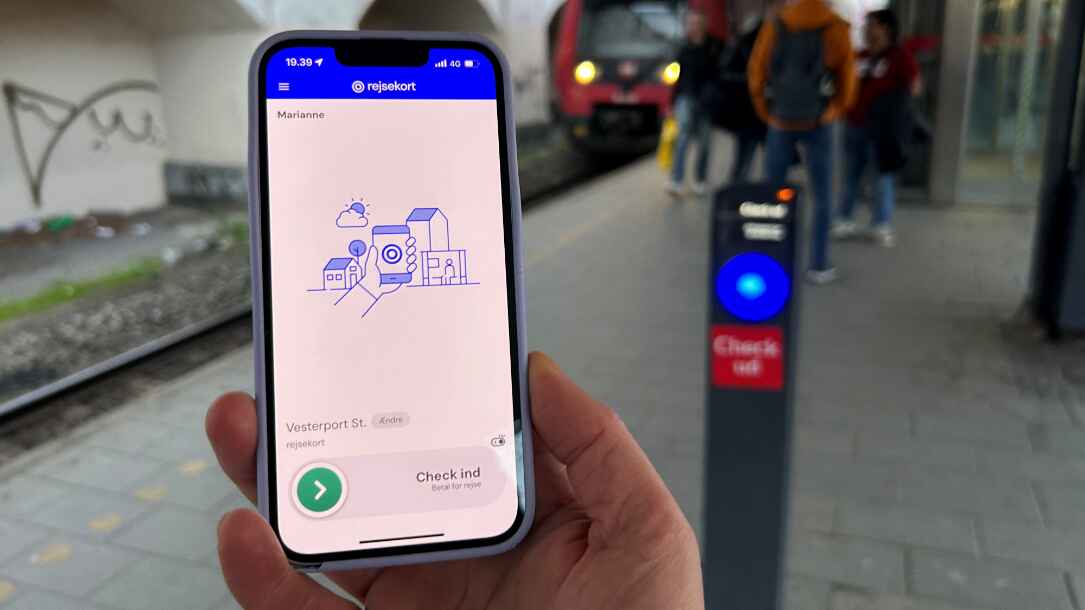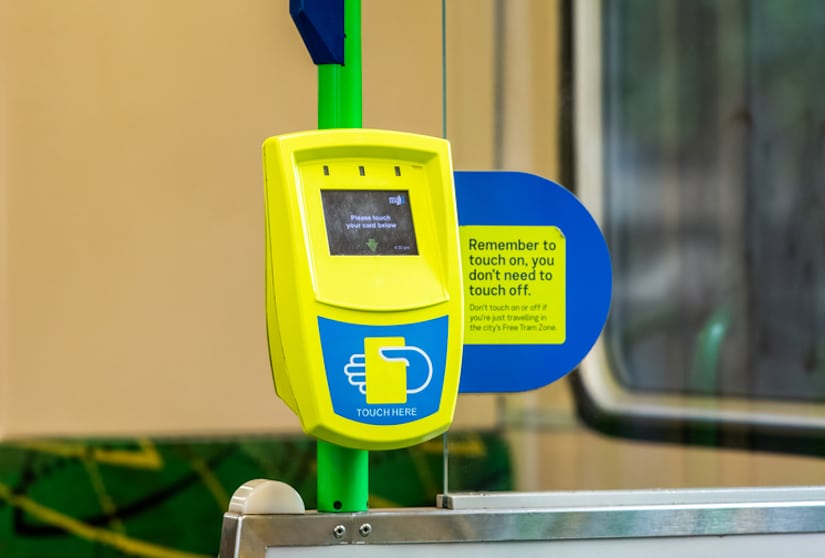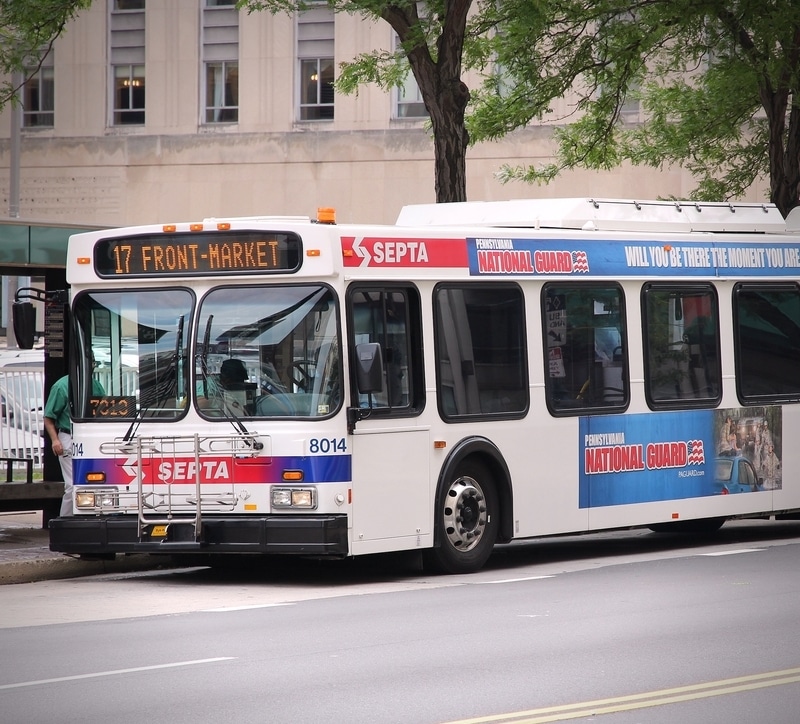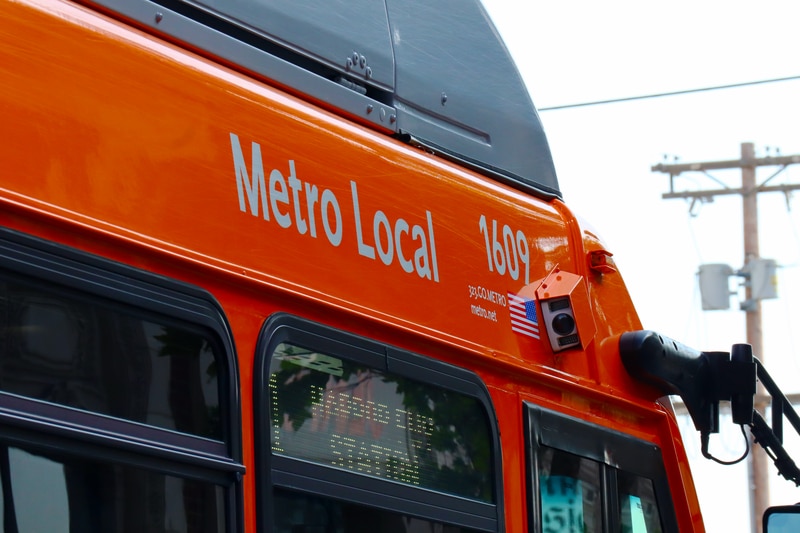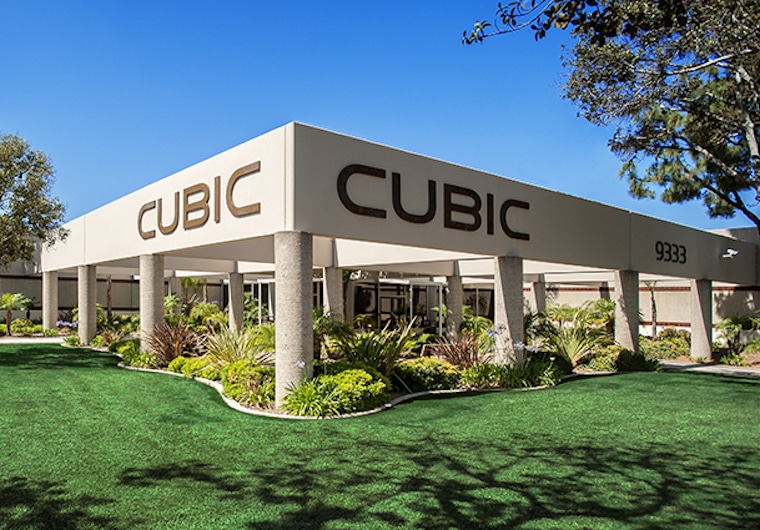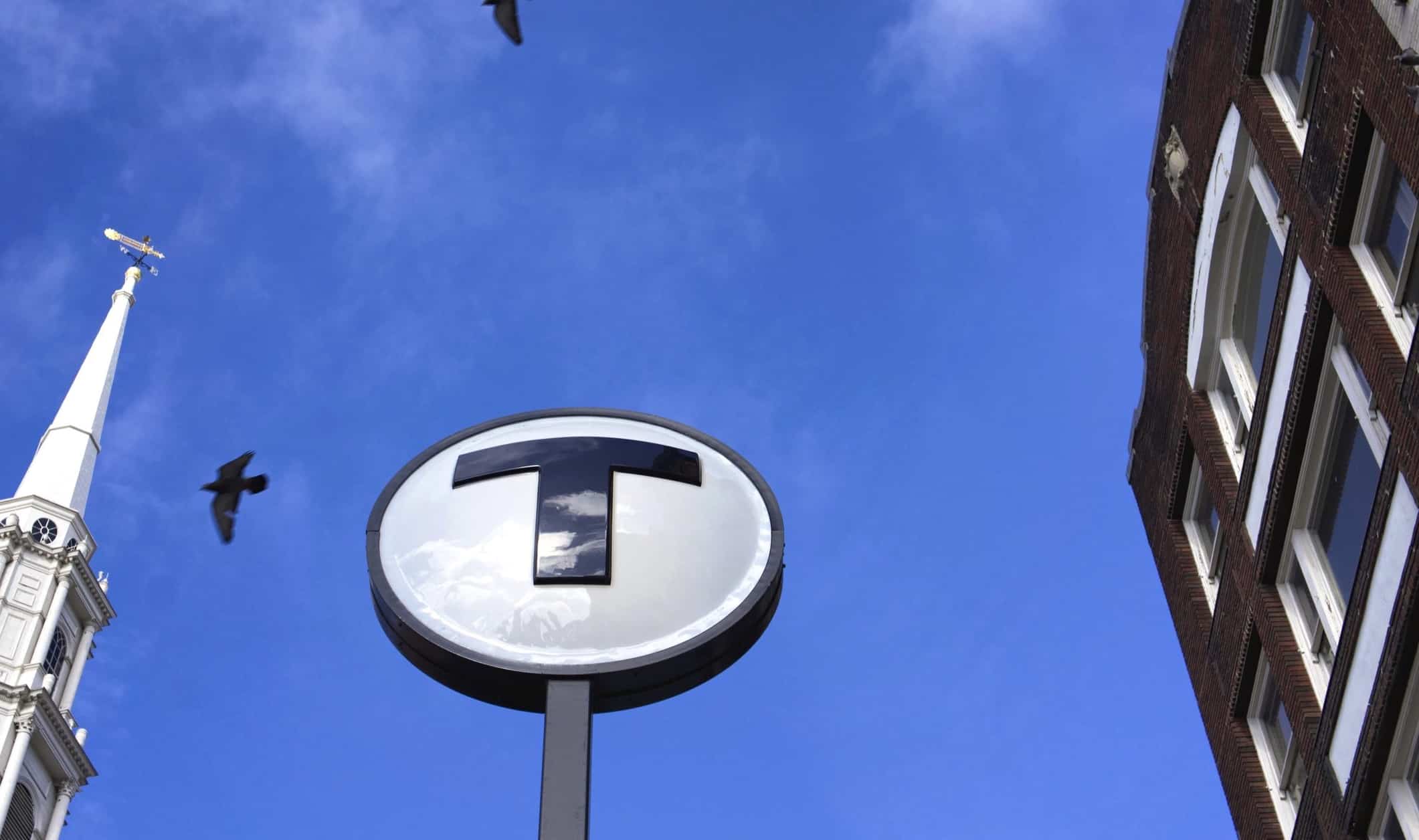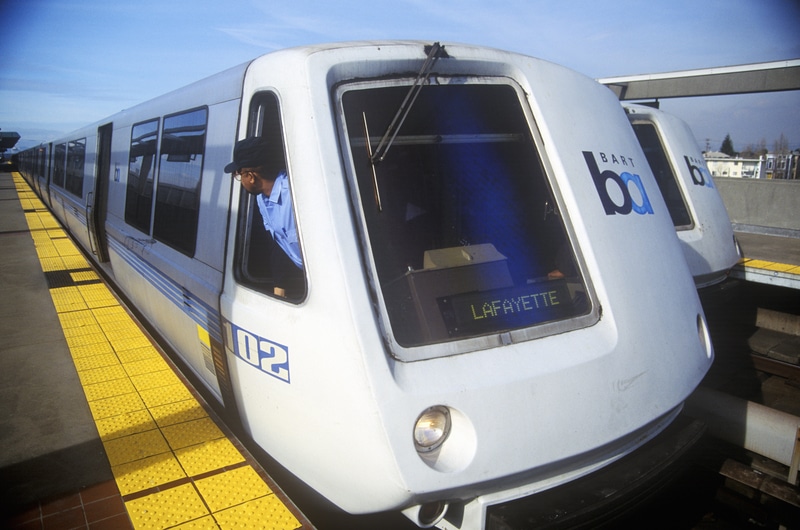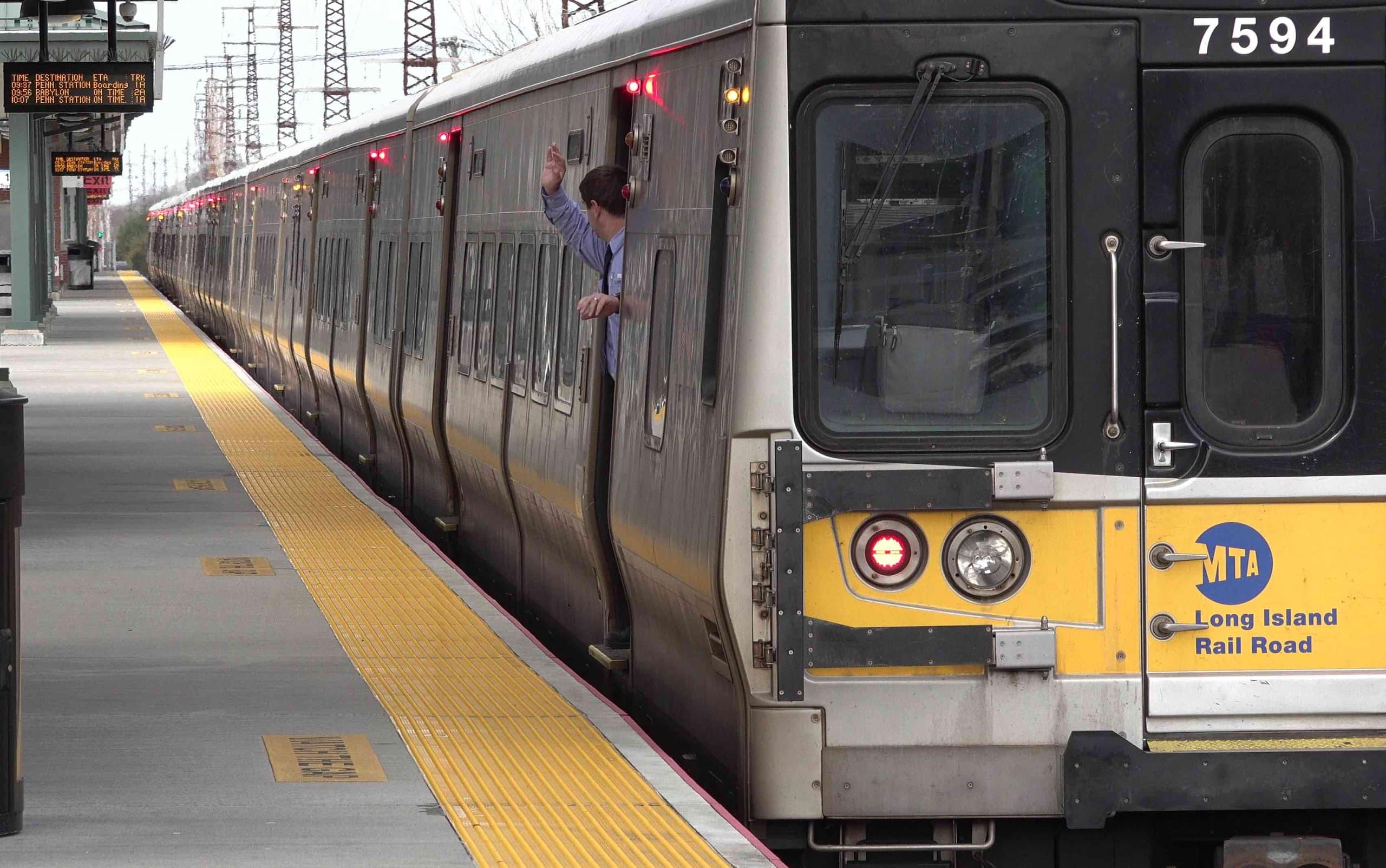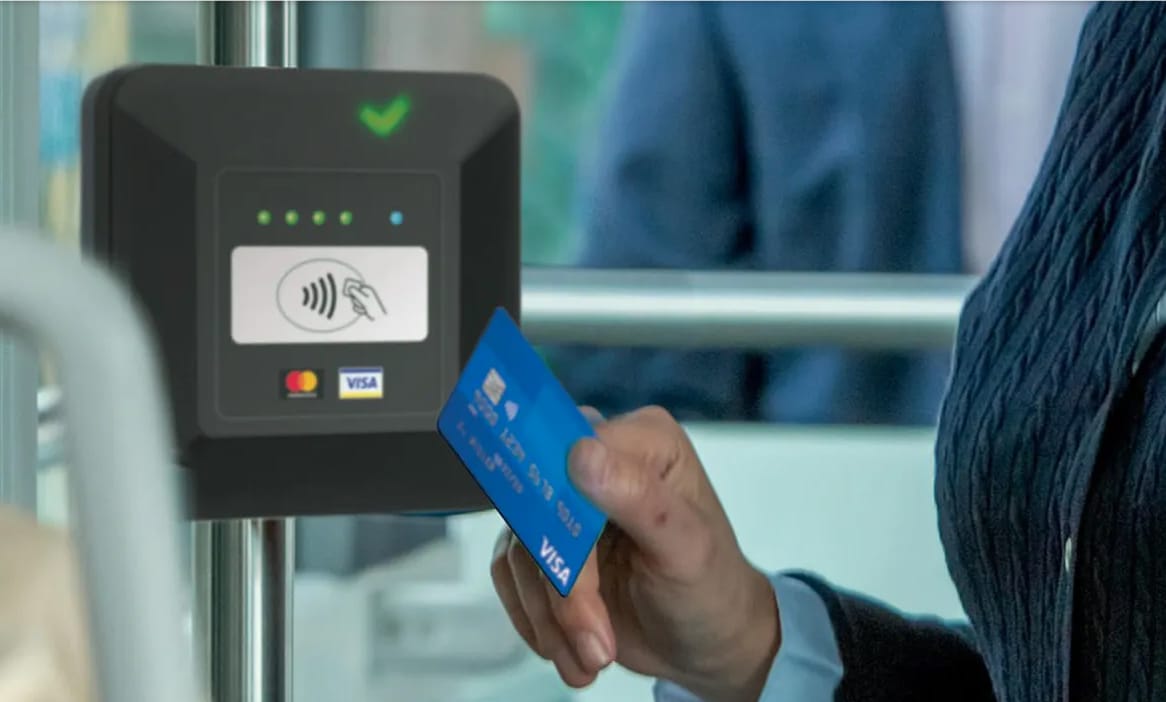
Article Highlights
The CEO of France-based ticketing and fare-payments provider Flowbird said the company will continue to pursue business in California for its open-loop technology despite not being selected for an open-loop contract by the state of California, Bertrand Barthelemy told Mobility Payments. At least two other vendors excluded from the contract say they will do the same.
Flowbird, formerly Parkeon, generated €300 million (US$358.9 million) in revenue in 2020, providing payments and ticketing technology mainly for parking and closed- and open-loop fare collection projects. It has supplied open-loop technology to transit agencies in France, the UK, Ireland and Canada, and clearly wants to expand its open-loop business in the U.S.
The CEO of France-based ticketing and fare-payments provider Flowbird said the company will continue to pursue business in California for its open-loop technology despite not being selected for an open-loop contract by the state of California.







